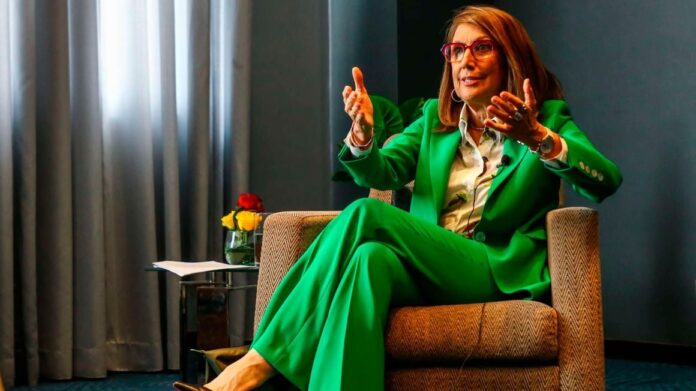Global economic growth is projected to slow down from three percent in 2022 to 2.4 percent in 2023, says a UN report that partly attributes this to slow movement of goods and services.
The UN Conference on Trade and Development (UNCTAD) in its Trade and Development Report 2023 also says workers are unlikely to get a pay raise this year as wages and salaries have failed to keep up with inflation.
The report released on October 4 calls for a change in policy direction and accompanying institutional reforms promised during the Covid-19 crisis to avert a lost decade.
“There are five messages that we want to emphasise from the report. The first message is that the global economy is slowing down, this is despite the good news of the unexpected soft landing of the US economy this year. But the prospects of accelerating growth in the coming years are very slim,” said Rebeca Grynspan, UNCTAD secretary-general during a virtual press conference.
“The second message is that debt is a problem and that a lot of the developing countries are in a debt and development crisis. And debt has to be part of the discussion at the international level to be able to find the right solutions for restructuring debt in many developing countries, including middle income countries.”
Rising interest rates, weakening currencies and sluggish export growth have combined to squeeze the fiscal space for essential needs.
Investment is also weak in the face of falling credit, Grynspan said, and there are worries about the market concentration and lack of competition in financialisation of trade in important markets like energy, food, pharmaceuticals and digital.
“The question of where the new sources of growth will come from has to be addressed,” she said.
The report warns that the prospect of meeting the sustainable development goals by 2030 is fading as a combination of rising interest rates, weakening currencies and slowing export growth squeezes the fiscal space needed for governments to fight climate change and provide for their people.
As part of the recommendations to fix the global ailing economy, Grynspan proposed that interest rates should not be the only instrument being used to turnaround the economy.
The report calls for a change in policy direction – including by leading central banks– urging global financial reforms; more pragmatic policies to tackle inflation, inequality and sovereign debt distress; stronger oversight of key markets and reform of the international financial system.
The UNCTAD boss called for the revision of the inflation target of two percent.
“That could mean collateral damage if not revised, especially for the developing countries, but also for the long-term financial stability in the developed world,” she warned.
It would be the instruments to face the liquidity problems, the investment scale that is needed from the multilateral development banks, and, as I said before, a permanent mechanism to deal with the debt problem in the developing countries,” she explained.




